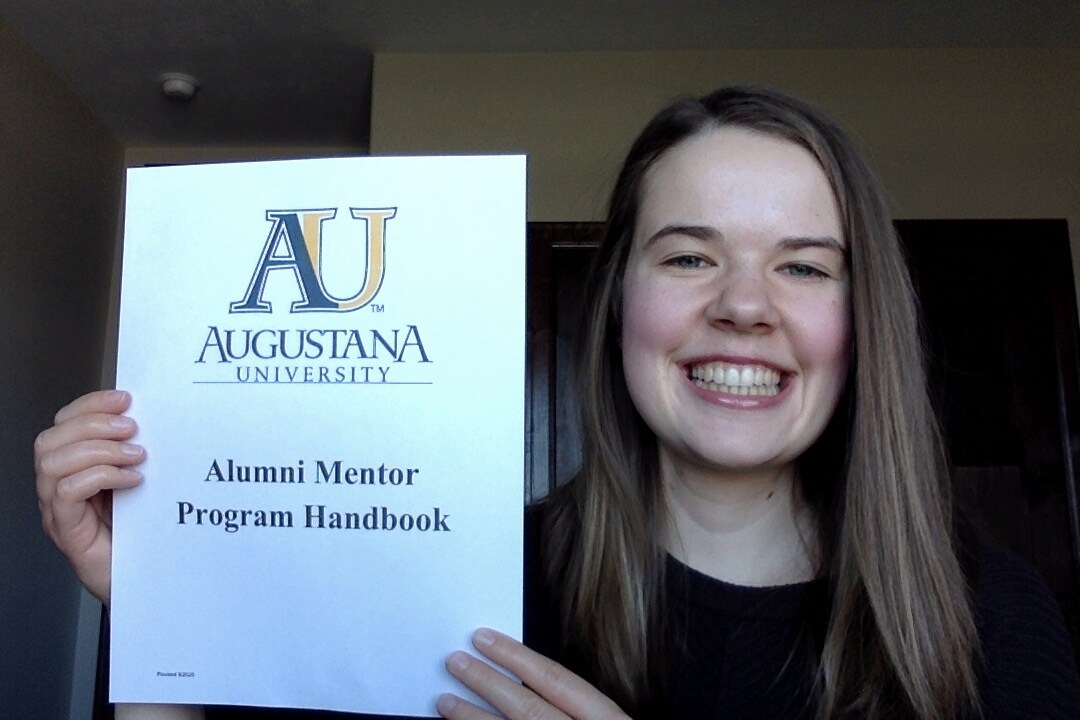
Graduating and Missing a Loved One
For any graduating senior who has lost somebody special to them, there's nothing you want more than for that person to be there for when you graduate college. Dealing with the death of a loved one can be particularly difficult for college students – trust me, I know. My sister died during my sophomore year of college. I felt like I was not grieving properly because of the overwhelming energy grief requires on top of the demands of being a student. But I learned that there is no right or wrong way to grieve, and I found healthy ways to cope that, in time, renewed me and permitted me to live again with a hole in my heart.
Milestones can be painful
Fast forward to 2021 and I’ll be graduating in a few short weeks. Graduating is a HUGE milestone. Whether you’re graduating from middle school, high school, or college - you’ve made it. However, milestones like birthdays and graduation can be painful after someone you love dies. As I graduate from college on May 15th, I am thinking about whether my sister is proud of me and imagining how big her smile would be on my graduation day.
As this bittersweet chapter of my life ends, the only thing monopolizing my thoughts is knowing that she won’t be there to hug me and say congratulations as I receive my college diploma. It absolutely kills me inside knowing that no matter how much I cry and plea, she isn’t coming back. The worst part is that there's nothing I can do to change that.
Celebrate with their memory in mind
Learning how to include my sister when big moments arrive has helped me both celebrate my accomplishments and remember her. I incorporate my sister into my daily life by wearing a bracelet with a charm with her name on it. I wear it every day and whenever I feel sad, I hold it and remember that she is always with me.
Instead of dwelling about how sad and awful it is without her there, I think of all the happiness graduating brings to me and of all the people that have been there for me. There's nothing I wouldn't do to have my sister there at the end of this journey. But I know in my heart, she has been there every single step. I also know how proud she is of me for everything I've accomplished. I know that she’s truly been my guardian angel and made sure I got to this point. She also left me in great hands because I am loved incredibly by my family and my friends. From my incredible mother and grandmother to my little sisters and best friends, finally to all the people I call my family and friends, I am so blessed.
Graduating college isn't just for me, it's for them and it's for her.
Mairim, I love you so much.
Do you have a compelling story or student success tips you’d like to see published on the Pearson Students blog? If you are a college student and interested in writing for us – click here to pitch your idea and get started!



